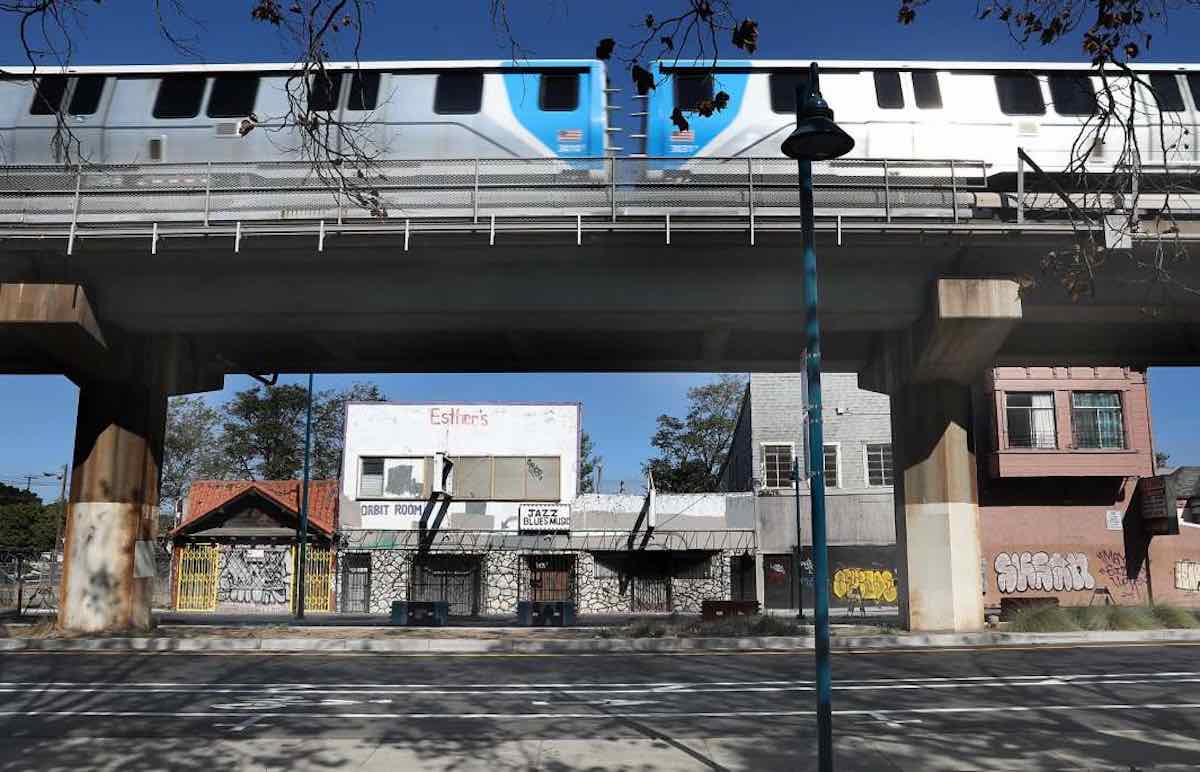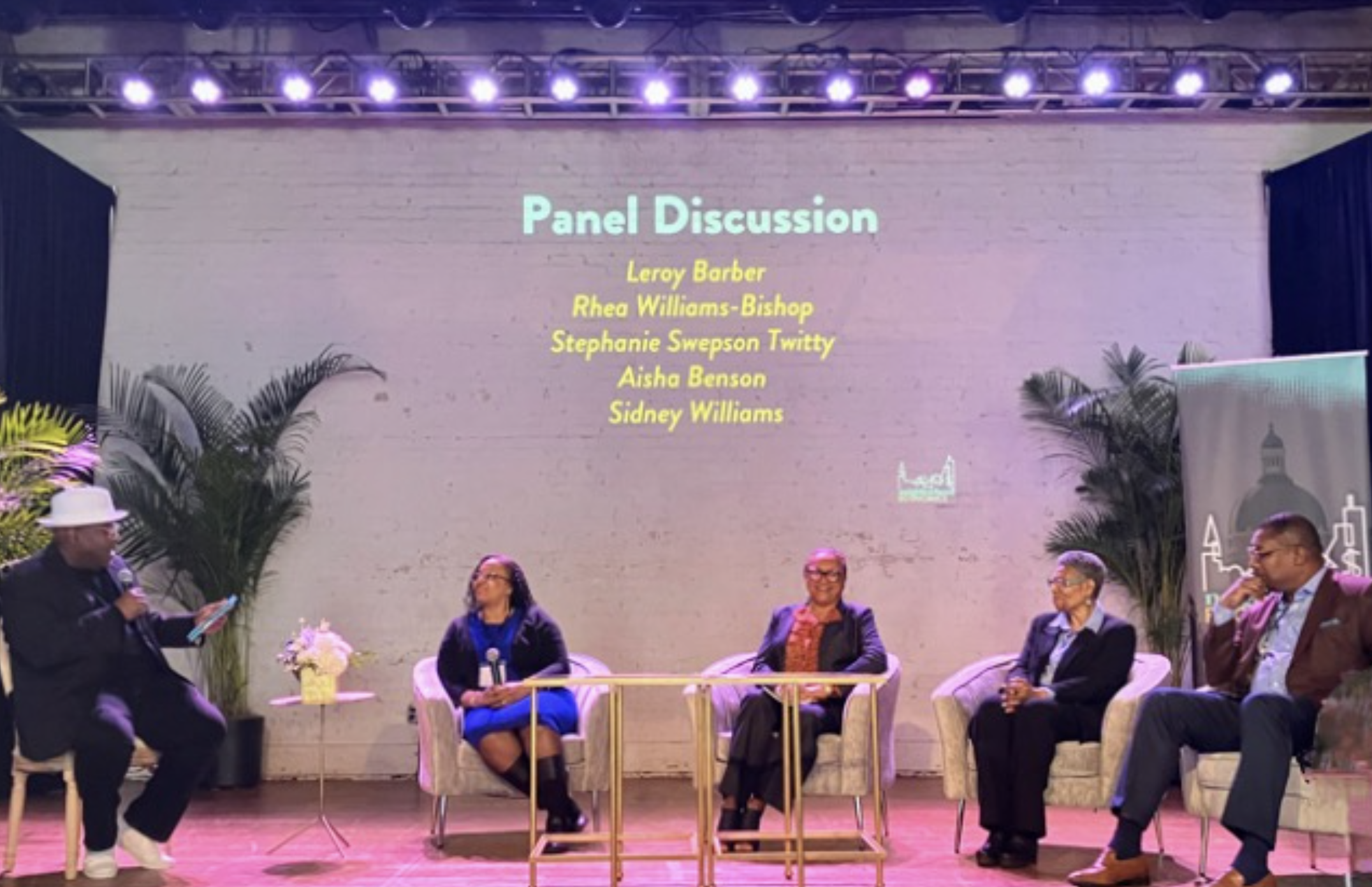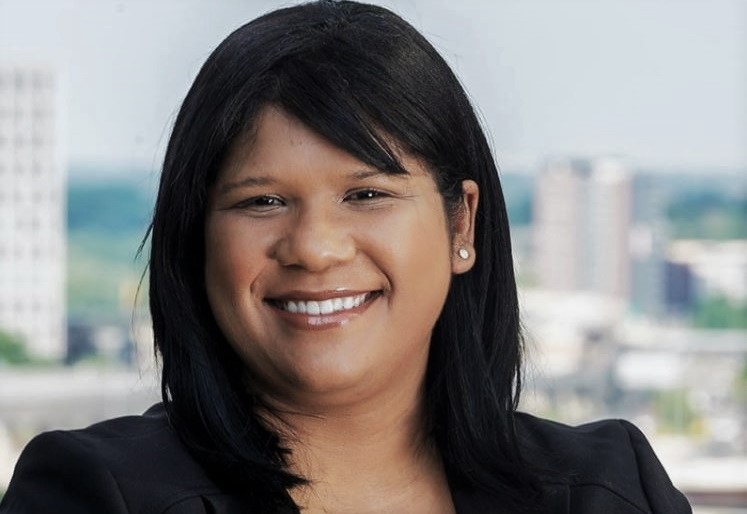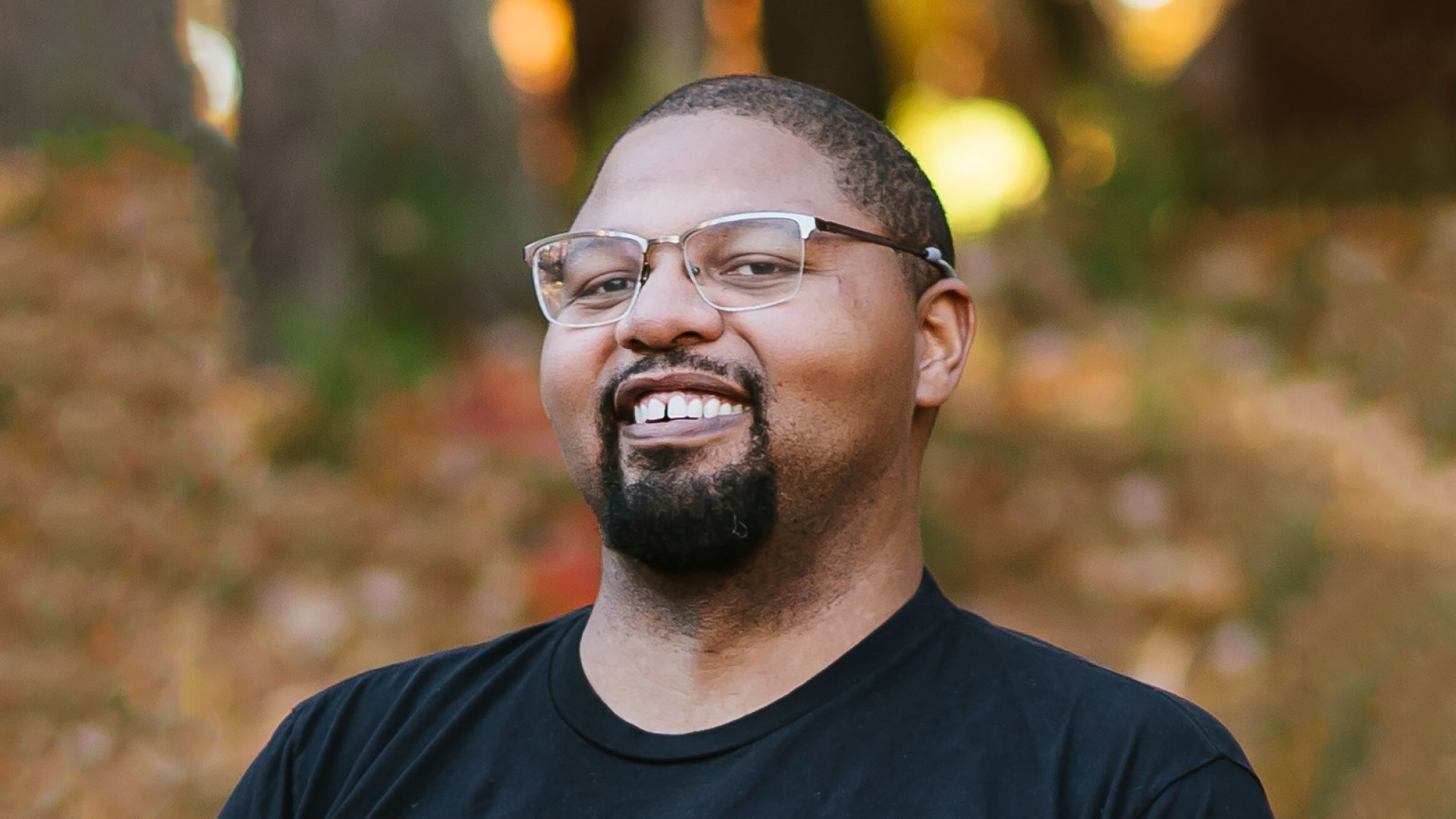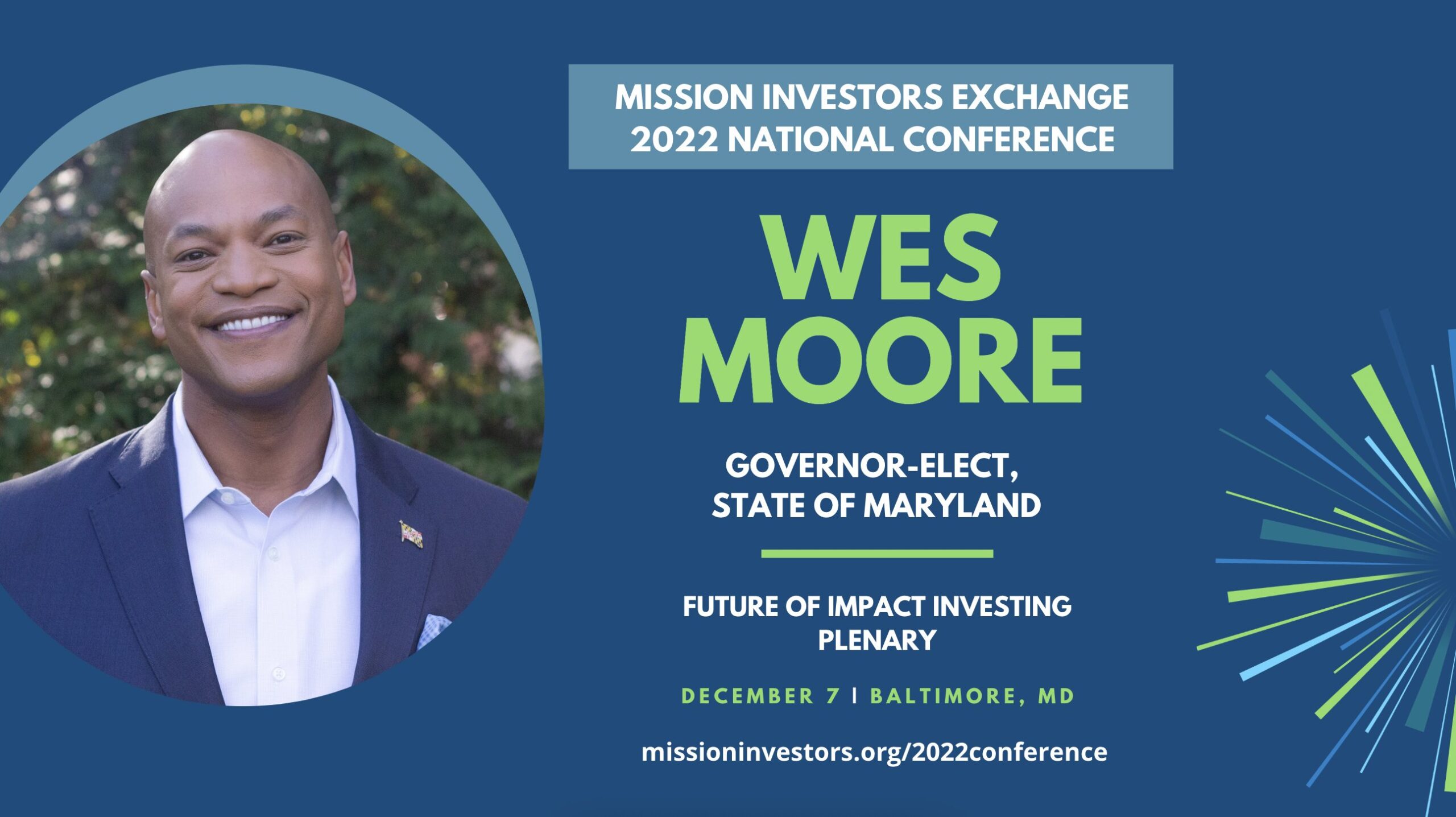In another era, Esther’s Orbit Room helped make West Oakland the “Harlem of the West,” hosting the likes of B.B. King, James Brown and Billie Holiday.
Noni Session had grown up less than a dozen blocks away. So when the club, vacant for a decade, went up for sale last year, she pounced.
Sessions now heads the East Bay Permanent Real Estate Cooperative, a multi-stakeholder co-op that acquires properties for permanent community use and takes them off the market in fast-gentrifying Oakland. EB PREC bylaws prevent it from selling any of its properties for profit. The land and property it acquires is instead permanently controlled by the community.
The co-op is part of a new crop of neighborhood trusts and other vehicles aiming to sustain affordability in cities by putting ownership and control of neighborhood assets into the hands of low-income residents and their allies. Other experiments underway include the Kensington Corridor Trust in Philadelphia and the Mixed Income Neighborhood Trust or MINT in Kansas City.
To Sessions, Esther’s Orbit Room seemed the perfect anchor for the revival of West Oakland. “This feels in some ways like a legacy project to me.”
Radical imagination
As a child, Sessions and her father, a local grocery store owner, would stop into a local bakery for soda and cupcakes on the way to fish at the pier. The bakery later became the Orbit Room, part of 7th Street’s thriving mix of local, Black-owned businesses.
Then came a series of “urban renewal” projects, including a freeway that bisected the community, a post office complex for which whole neighborhoods were cleared via eminent domain, and an overhead BART station that pushed out more residents and cut through the community.
In 1989, the Loma Prieta earthquake damaged the freeway, which was rerouted around the neighborhood. That opened the way for rapid gentrification in a neighborhood that is only one mass transit stop from downtown San Francisco.
The building became available as the East Bay Permanent Real Estate Cooperative, or EB PREC, was looking for its first commercial project. The coop has already done two residential deals providing affordable housing to a dozen cooperative members. Commercial real estate is an order of magnitude more complex, but offers an opportunity to catalyze a broader renaissance. EB PREC’s 8-person team vetted 36 potential projects before settling on Esther’s.
“It was always in the back of our mind to be able to create neighborhoods and tracts that were cooperatively run” she says. “If you ground the Black community around public culture, then the peripheral economic actors bring themselves in.”
The $4.8 million project aims to redevelop the site into a bar and performance venue, a cafe, juice bar and coffee shop, and an art gallery for fine arts, dance and healing arts that will also nurture local artists – all offered at half the going market rate. The 6,500 square foot development will also include space for a farmers market and affordable homes for up to 10 artists.
Esther’s is the first phase of a broader vision developed with local residents: a Black Cultural Corridor and ecosystem of businesses bookended by a redeveloped Esther’s and the Mandela grocery cooperative six blocks east, one of the few thriving businesses in the area.
Like many community-driven projects, the 7th Street Cultural Corridor has required years of painstaking pre-development work, including building relationships, co-creating the plan with the local community and incubating a local arts group to take over management of Esther’s. LISC Bay Area and Jessica Norwood’s Runway will support local business owners and even subsidize rent (see “Jessica Norwood: ‘Believe in you’ money for black entrepreneurs”).
All of that costs money before a property can even be acquired, highlighting the importance of philanthropic funding to support operations and pre-development work.
Sessions’ question to funders: “What would economic development look like, what would the world look like, if funders, foundations and philanthropists had the courage and the vision to support the Black radical imagination?”
Restorative economics
The real estate cooperative has secured an option to purchase the property for $1.25 million after protracted negotiations. EB PREC has raised more than $3 million in zero- or low-interest loans from lenders including Kataly Foundation, which focuses on restorative economics, and the San Francisco Foundation.
The co-op “is a beautiful example of what it looks like to have community-owned and community-governed projects that create shared prosperity,” says Kataly’s Nwamaka Agbo. Such projects can help “transition out of an economic system that’s deeply rooted in extraction into a more just equitable and sustainable economy going forward.”
“It’s an initiative that demonstrates what’s needed to fully embody community-led development work,” she adds, “while also being rooted in the historical and cultural context of the historically black neighborhood life West Oakland.”
(On The Reconstruction podcast last month, Common Futures’ Rodney Foxworth builds on Agbo’s work to posit “reparative investing” that redresses harm done over not just recent years or decades, but centuries. “For me, it always starts with who has the power? How can that power get disrupted?” Foxworth tells host Monique Aiken. “And how can more people, particularly those who have been most adversely impacted by these challenges, actually have power and can assert that power for themselves?”).
To raise the remaining $1.7 million, EB PREC is turning to a little known provision of the JOBS Act called “Regulation A” that enables private enterprises to raise up to $50 million from the public on a rolling basis. EB PREC is offering shares in the group’s cooperative housing and land fund starting at $1,000. The shares accrue a target 1.5% interest rate for a minimum five-year term, and each investors-owner is entitled to a single vote. It’s already raised more than $800,000 via the offering.
Other companies that have used the so-called “direct public offering” option include the nonprofit TechSoup, recycling company TerraCycle, and American Homeowner Preservation, a fund that buys distressed mortgages and works with borrowers to keep them in their homes. (People’s Community Market, a mile and a half from Esther’s, raised money through a California-only DPO).
Session’s team is learning the intricacies of commercial real estate and finance. EB PREC negotiated the option to acquire Esther’s and will serve as the developer of the project. The team even prepared their own securities offering documents with the help of Oakland-based Sustainable Economies Law Center.
“Knowing those things is really important,” Sessions says. “We’re showing up as economic actors.”

